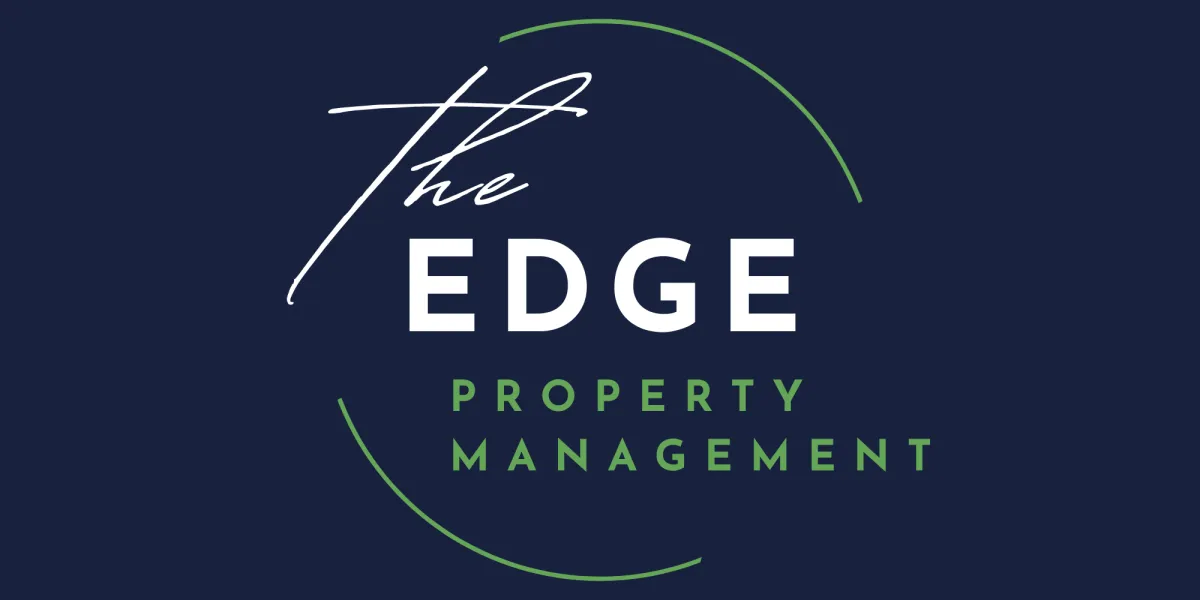Start Expecting More
The difference between average and extraordinary in real estate doesn’t start with a better property manager...
Why High Expectations Slipped Away in Property Management?

Over time, both investors and property managers have been conditioned to lower their expectations—not because they wanted to, but because the industry taught them to. For investors, the norm became frustration: unanswered emails, late rent deposits, vague expense reports, and turnover after turnover with no real plan. At some point, they stopped asking “Why is this happening?” and started asking “Is this just how it is?”
That quiet resignation is exactly how poor service continues to thrive—because when investors expect less, they receive less. On the other side, property managers have also been set up to underdeliver. Many were handed outdated systems, understaffed teams, and zero training on how to scale with intention.
They’re juggling emergencies, patching problems, and drowning in paperwork, all while trying to justify their fees to skeptical owners. In that chaos, the focus shifts from performance to survival The bar drops, not out of laziness—but out of exhaustion. The industry got stuck in a cycle: low expectations led to weak service, and weak service reinforced low expectations. It’s a race to the bottom—and both sides lose.
The difference between average and extraordinary
starts with your expectations....
And in real estate, most investors have unknowingly lowered theirs over time. They’ve been trained to tolerate poor communication, to accept delays as normal, and to assume hidden fees and unpredictable service are just part of the deal. Many settle for bare-minimum results because that’s what the industry has delivered for so long.
When you start expecting more, you demand transparency—not hidden costs and vague explanations. You expect speed, not excuses. You seek innovation, not outdated, reactive systems. You want real-time clarity on your numbers, not end-of-month confusion. And most importantly, you want consistent performance—not occasional wins followed by long stretches of chaos.
Why does it matter? Because the moment you raise your standards, everything around you rises to meet them. Your property team becomes sharper and more accountable. Your vendors show up stronger. Your residents are more likely to stay, pay on time, and protect your investment.
Your profits improve. Your headaches disappear. You finally regain what matters most—your time, your confidence, and your peace of mind. As Arthur Raine, CEO of The Edge PM, puts it: “This is more than management. It’s a pathway to solutions, bigger opportunities, and peace of mind.”
The Hidden Cost of Low Standards.
When you operate beneath your true standards, the damage isn’t always immediate—but it compounds. It starts with one missed phone call, one confusing invoice, one maintenance issue that drags out far too long. Over time, these lapses become patterns, not exceptions. And those patterns slowly eat away at the very foundation of your investment.
Complacency isn’t just a passive state—it’s an invisible drain on performance. It normalizes dysfunction. It tells your team and your partners that “good enough” is fine, even when it’s far from it. And in a space as financially and emotionally demanding as real estate investing, that tolerance for mediocrity becomes a dangerous liability.
What Rising Expectations Actually Do
Raising your standards isn’t just about demanding better—it’s about signaling a new level of seriousness. When you tighten your expectations, you activate a different tier of response from everyone around you. It forces clarity in contracts. It sharpens communication. It filters out the uncommitted and attracts those aligned with excellence.
Suddenly, your contractors are more proactive because they know sloppiness won’t slide. Your property management team begins anticipating problems instead of reacting to them. Your financials come with insight, not just numbers. Accountability stops being a buzzword—it becomes the baseline.

The Emotional Shift That Drives Success
There’s also a personal transformation that happens when you stop tolerating chaos: your mindset changes. You stop reacting to fires and start engineering predictability. You stop feeling at the mercy of others and start feeling back in control.
You begin to recognize that excellence in property management isn’t a luxury—it’s leverage. It gives you breathing room to think bigger. It opens doors to new markets, to scaling confidently, to building a portfolio that doesn’t just survive but thrives.
A New Standard for a New Era
The industry is evolving. Technology is enabling faster service, more transparency, and greater efficiency than ever before. But these tools only create value when they’re used by teams who are held to higher expectations. The future belongs to the investors who stop asking, “Is this normal?” and start asking, “Is this the best I can get?”
So don’t just raise your standards for better results—raise them because that’s where the real power lies. As Arthur Raine said, it’s not just management. It’s alignment. It’s ownership. It’s unlocking the full potential of your investment, your partnerships, and your time.
Start Expecting More
The difference between average and extraordinary starts with your expectations.